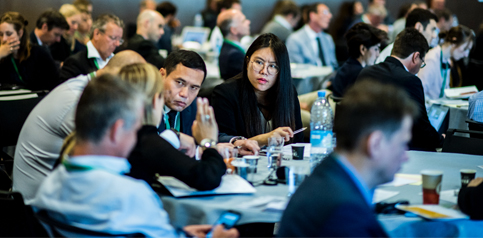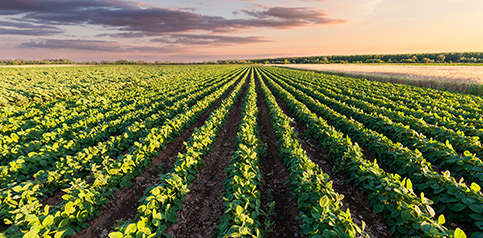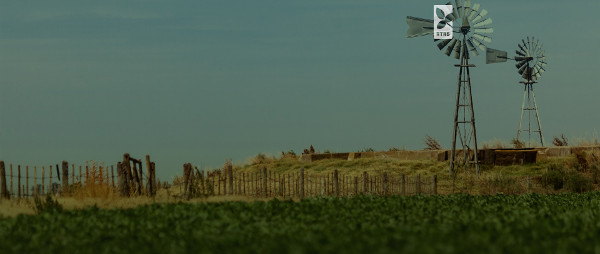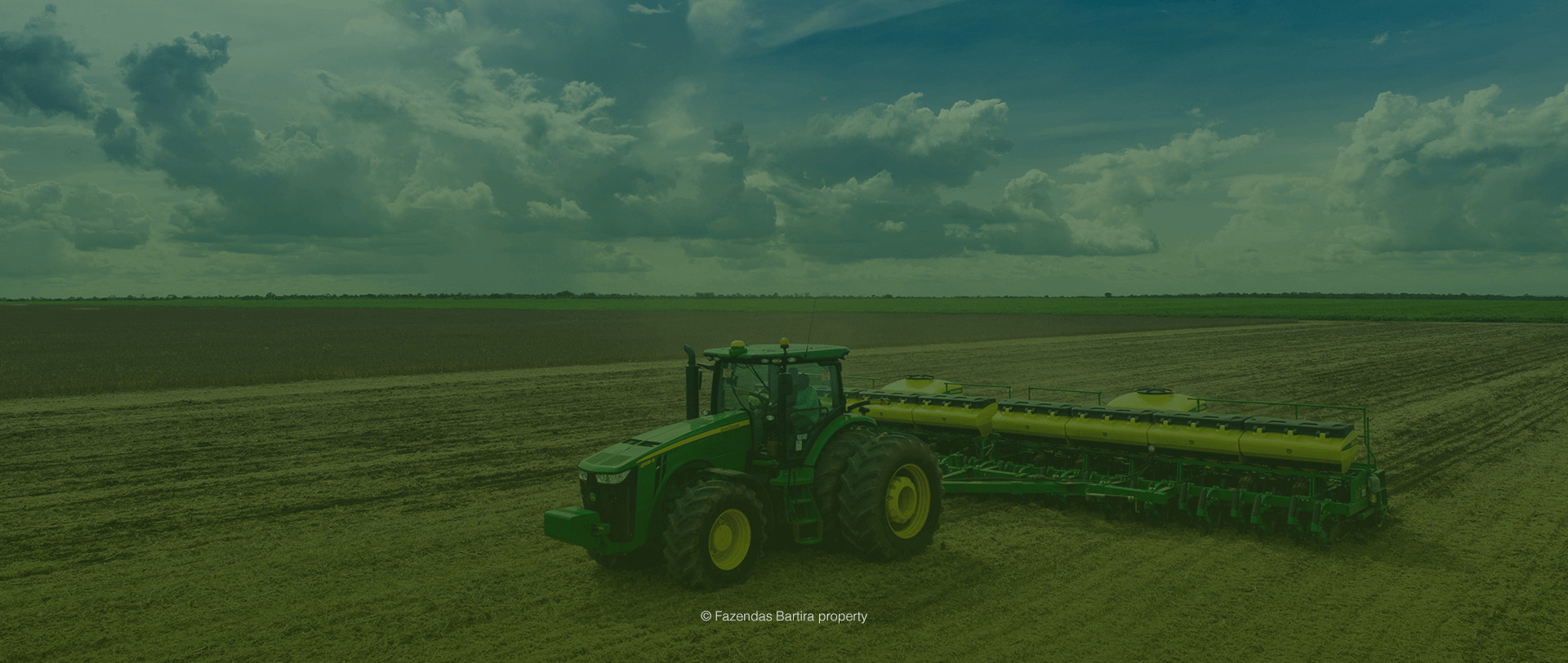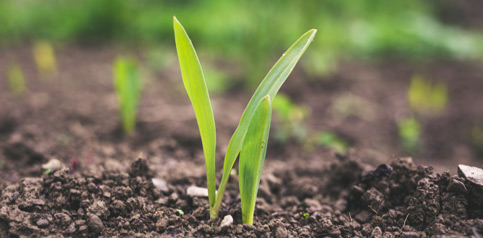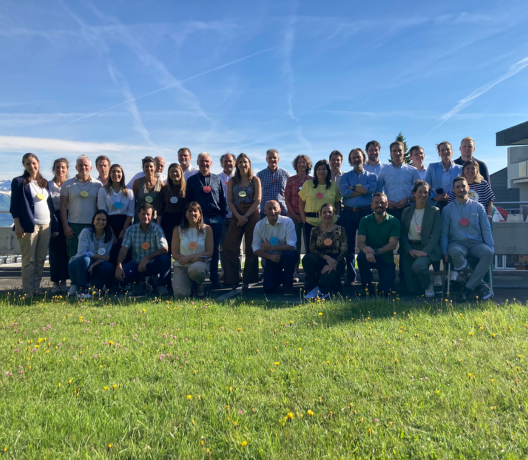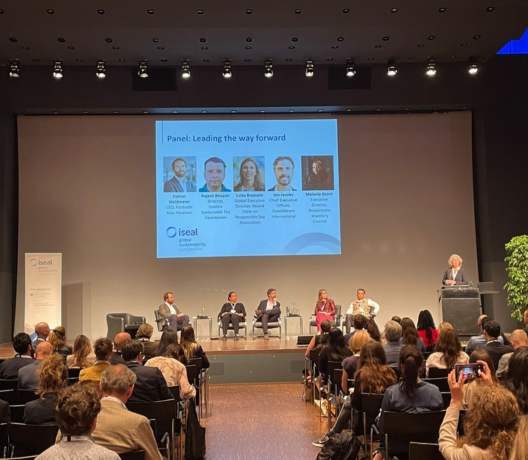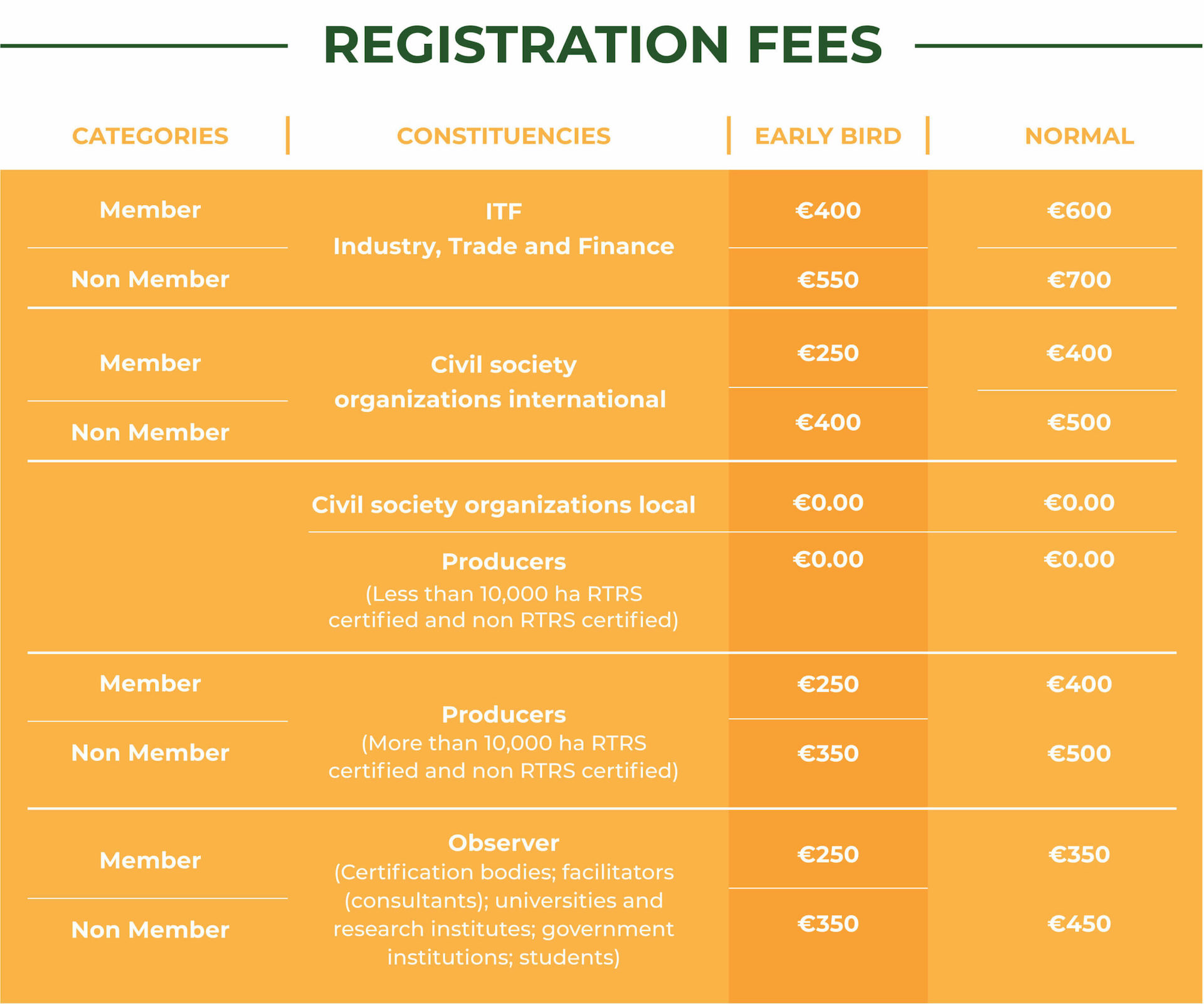GIZ, CLI and RTRS promote a partnership to promote sustainable territories and activities in Maranhão, Brazil
The objective is to establish a multi-stakeholder working group focused on the Maranhão region to address the region’s value chain agenda from a territorial and sustainable perspective. It takes place within the scope of the Memorandum of Understanding (MoU) between GIZ and RTRS.
The 2nd in-person meeting “Dialogues on sustainable soy for the Itaqui Corridor” was held on November 29 and 30 in the city of São Luís, in the state of Maranhão (Brazil). The event took place within the scope of the collaboration between the Deutsche Gesellschaft für Internationale Zusammenarbeit (GIZ, the German International Cooperation Agency) and RTRS, by means of an agreement signed in 2021 and to which CLI (Corredor Logística e Infraestrutura) was incorporated last year. The meeting brought together over 70 participants from more than 25 organisations representing the government, industry, producers and civil society organisations from Maranhão.
The meeting sought to bring together the most relevant stakeholders from the region’s value chain to learn about and coordinate various existing actions and initiatives that promote sustainable approaches in supply chains and territories, discuss their respective roles and find points of synergy. It also enabled an assessment of potential lines of action and joint work dynamics to resume and build upon the in-person and remote meetings held in 2022 and 2023 and develop a common agenda for next year.
RTRS was part of the opening panel, along with Diego Rolim from the Secretariat of Agriculture, Livestock and Fisheries of the State of Maranhão (SAGRIMA/MA); Petra Ascher from the AgriChains Project, GIZ; Gustavo Lins from the Maranhão Port Administration Company (Emap); Bernardo Pires from the Brazilian Association of Vegetable Oil Industries (ABIOVE); André Introvini from Aprosoja Maranhão and Marcos Pepe from CLI.
During the first part of the meeting, representatives of several organisations that promote sustainability in the value chain (including RTRS) showcased their initiatives and discussed potential actions to increase coordination and synergy between supply chain activities and government actions.
In the second part, the discussion focused on the inner workings of logistics chains and the role they play in ensuring traceability, including an assessment of challenges and opportunities in light of the various requirements imposed by international markets.
The first day came to an end after an activity in which participants discussed the key elements for success in the region in a multi-stakeholder setting.
Reflections from the first day were picked up on the second day. To discuss future actions, participants gathered into different working groups and discussed the needs, priority actions and resources needed to build a collective agenda for the future of Maranhão.
As a global multi-stakeholder platform that promotes various multi-stakeholder meetings, RTRS celebrates this event because it aspires to bring together and represent the main players in the region’s soy value chain in a local setting meant to promote a mutual understanding and synergies among different initiatives and actions.
Visit to the Port of Itaqui
Within the scope of the meeting, RTRS and CLI organised a guided tour of the Port of Itaqui, allowing visitors to learn about the port‘s relevance and its role in international markets, and to witness the logistical structure in place to transport grains from the port.
The Port of Itaqui is currently the second main logistics route in South America and has nine docks for large ships. More than 33 million tons of grains moved through the port in 2022. The main export commodities that passed through the port were soy, corn, cellulose, copper, iron, pig iron and manganese.
The geographical location of the Itaqui port complex is doubly advantageous: it is close to markets in North America and Europe, which can be reached six days faster than from other ports in the south or southeast of Brazil; it is also close to important agricultural production and mineral extraction regions.
RTRS-GIZ cooperation
The 2nd in-person meeting “Dialogues on Sustainable Soy for the Itaqui Corridor” is part of the “Sustainable Soy Dialogues” initiative, created from a collaboration between GIZ Brasil and RTRS following the signing of a MoU in 2021, to which CLI was added in 2022. The objective of the collaboration is to promote and expand sustainable agricultural practices in the MATOPI (Maranhão, Tocantins and Piauí) region, strengthening the role of RTRS as a multi-stakeholder platform and its certification scheme, and promoting the actions of the “Sustainability and value creation in production chains” project, also known as Sustainable Chains or AgriChains Brasil.
The AgriChains Brasil programme is a cooperation endeavour between the global AgriChains programme of the Deutsche Gesellschaft für Internationale Zusammenarbeit (GIZ) GmbH and the Government of Maranhão, with support from the Federal Ministry for Economic Cooperation and Development (BMZ) of Germany. Its objective is to eliminate deforestation and protect human rights in agricultural supply chains; it has been operating in Brazil since 2020.
Previous activities within the scope of RTRS – GIZ cooperation:





